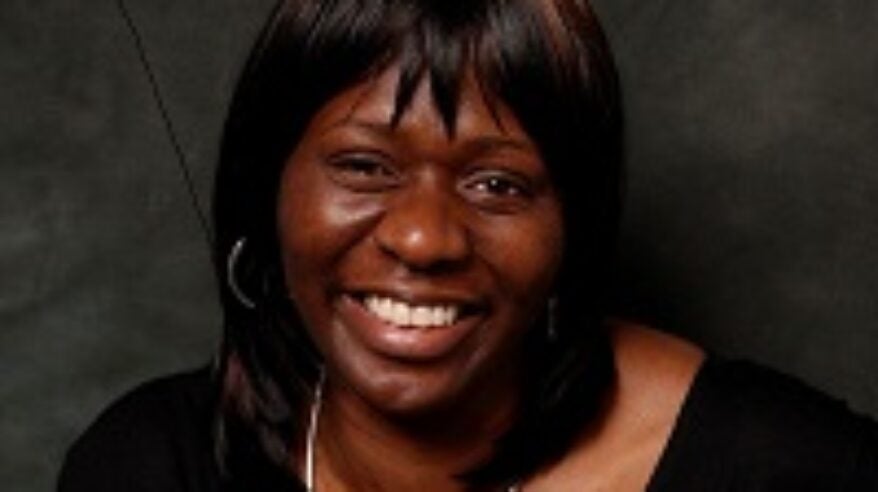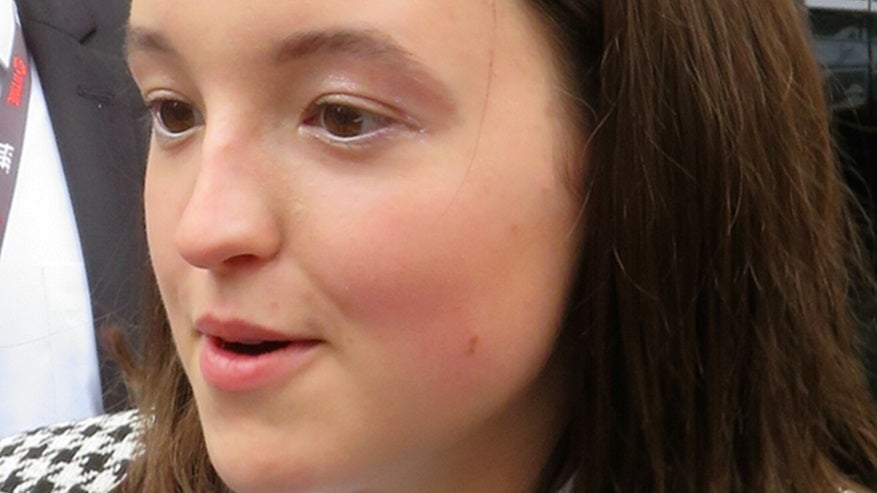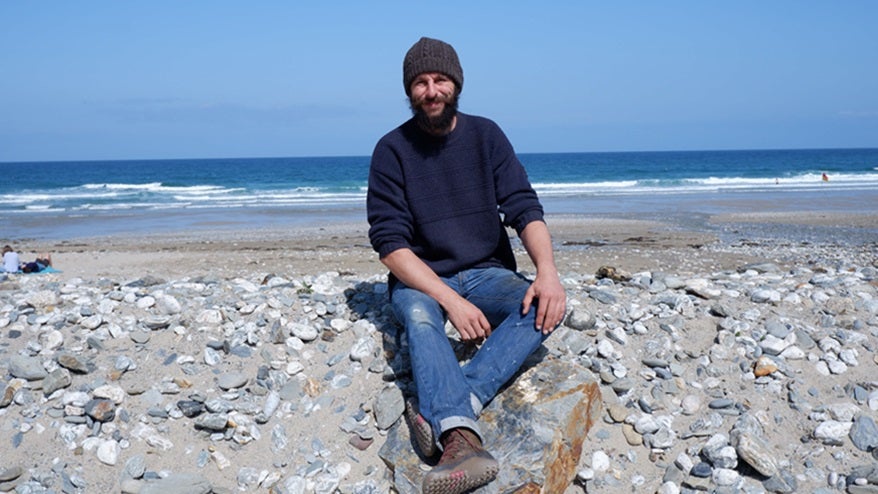Hearing it all with a sound recordist

With a career spanning over two decades, sound recordist Judi Lee-Headman has seen – and heard – it all. She has worked on award-winning TV shows, feature films, and hard-hitting documentaries, some of which have taken her to far flung places such as the deep jungles of Latin America.
Here she tells us why she first picked up a boom, and warns that if you do film in the remote jungle, it”s best not to get lost…
How did you become a sound recordist?
My route into the industry was not straightforward. When I started, female sound recordists were still a rarity. There was not really a specific career path to follow, so I started out as a researcher for a production company and then got a job as a sound assistant. I then progressed to boom operating.
After several years as a boom operator, I started recording documentaries. I’;ve been incredibly lucky, having worked on some amazing projects and being paid to travel all over the world.
What are the main challenges of your role?
The main challenges of the role depend very much on the specific job. Documentaries for example can be challenging, because in a lot of situations you will only get one chance of getting it right, such as an emotional interview or dealing with someone recently bereaved or angry.
You can also find yourself working in hostile environments where you have to be aware of your surroundings while shooting. When filming drama, you may be challenged by noisy environments, quietly spoken artists, lack of rehearsal or not enough time to place mics.
What”s the most challenging job you”ve ever worked on?
Over the years I have worked on some very challenging, possibly dangerous, life threatening jobs and I find it hard to single out one in particular. I suppose the first one that comes to mind is working in the jungles of Latin America – it’;s hot and humid, with loads of biting insects.
Getting lost in the jungle is not much fun either and it’;s nothing like the films – neither is having a location guide telling you to be aware that there are black mamba snakes in the area and not to worry!
What”s your most memorable job you”ve worked on?
This is a tough question as I have been so lucky. This job has given me a ringside seat to many things I would never have seen under normal circumstances. If I had to pick some, they would be sailing off the coast of Zanzibar with a man who could call dolphins; walking in the Sahara desert with the nomadic Tuaregs as they went to a mine for salt; and walking up the Inca trail and arriving at the historical site of Machu Picchu at dawn
How is your job changing?
The shooting assistant producer is the main change. Previously a lot of programmes would be staffed by a two person crew, which would be camera and sound. Increasingly, production companies believe they can’;t afford a sound recordist for a particular project so will use someone with a handycam and a gun mic stuck on the top. The other scenario is the one man band camera, who has a sound kit but his budget has been cut so he can no longer employ a sound recordist.
Technology is moving at an incredible rate. When I started, rushes were delivered on 1/4″ magnetic tape and now the entire day”s shoot can be contained on something the size of a large postage stamp.
It’;s very important to keep up to date with the latest developments in equipment as formats do not last as long as before, DAT, MiniDisc, CD’;s, Compact Flash Cards, SD cards for example.
What key skills do you need to become a sound recordist?
I think the key skills for being a sound recordist, apart from the obvious which is good and hearing, is attention to detail, and a lot of patience. Also the ability to think on your feet, and you need tact and discretion as you will hear a lot of sensitive stuff in this business.
What advice would you give to someone wanting to become a sound recordist?
The emphasis is still on the visual even though the bulk of the information in a movie is delivered through the sound. There will be many times when you are asked to compromise for the sake of the picture. Understand that many people think that clever software in post production will solve everything. All you can do is try to make the production team see that you are working with them and that a little time spent now will save a lot of time and money later.
If you could meet a version of yourself right at the start of for your career, what”s the one piece of advice you would give yourself?
Don’;t take it personally……
To find out more about Judi and her work, please visit her profile on The Knowledge.
Share this Article















